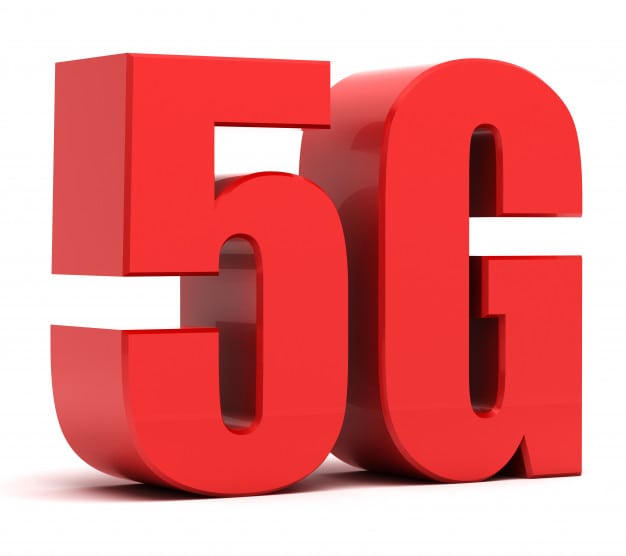
Emil Björnson, an associate professor at Linköping University, in Sweden, currently researching the subject remains positive. “This is a major problem, but I don’t think it will be a showstopper,” said Björnson. His major concern is over the increase in the number of small cells and the rise of massive multiple-input multiple-output (MIMO) antennas.
He cites Small Cell Forum’s predictions of 13 million 5G or multi-node sites by 2024, however he thinks energy efficiency will improve over time.
“Just as computer processors become vastly more efficient over time, the analog and digital circuits that are used in base stations become more efficient,” Björnson told IEEE Spectrum. “The first generations of 5G hardware will be all about delivering all the new features to the market, but then there will be time to refine the hardware, as well.”
The European Union studied the dynamic as well and issued a report saying future massive MIMO base stations, even though they sport more hardware, will require less energy than 4G base stations. Björnson added that 5G base stations can be put into a “sleep mode” (aka, “ultra-lean design”) when not in use.
“This happens much more frequently than one might think,” said Björnson. “4G networks need to transmit a lot of control signals even when no one is listening—for example, at night. If new features that make the system increasingly more energy efficient can be delivered as software updates, it will be much easier to improve the efficiency over time,” he told IEEE Spectrum. Comments? Email us.
October 10, 2018



